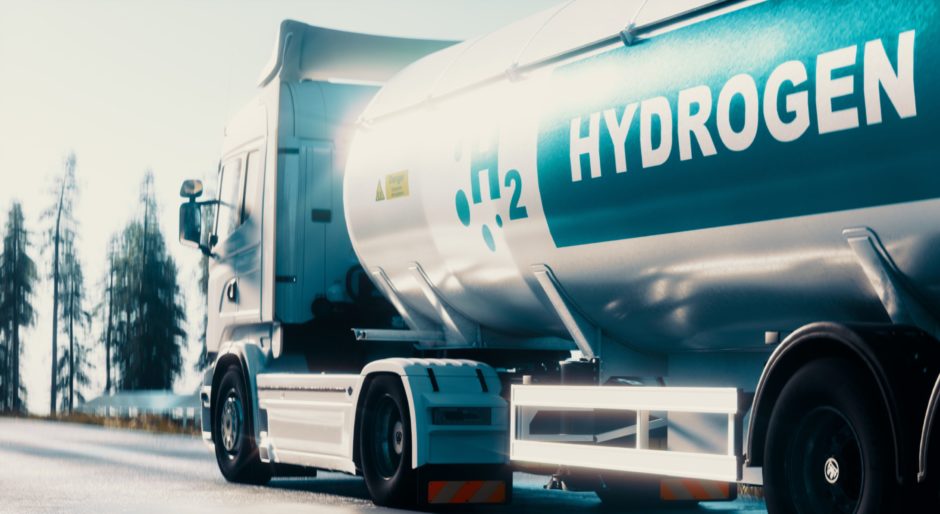
In this COP26 year, we are beginning to see and hear more and more about hydrogen as it becomes viable as a real fuel alternative for the UK.
Plans are being developed for new fuel stations, leaders are ramping up the push for hydrogen’s rollout.
The application of new technology has always inspired debate and discussion, even going back to the advent of the steam engine. But the challenge of climate change is immense. This means we must develop a range of options – including hydrogen – and do so quickly.
But it is also important to understand that hydrogen is just one of an array of climate-tackling technologies that need to be up and running and commercially viable so we can deliver on the UK’s climate goals as a priority.
The recently agreed North Sea Transition Deal, a key catalyst for a homegrown energy transition, will deliver on commitments from the Prime Minister’s 10 Point Plan and the Energy White Paper in publishing the UK’s first ever Hydrogen Strategy.
The strategy will detail the key steps needed in the 2020s to deliver our 5GW ambition and set the context for the further scale up to 2050. By 2030 we want to have around 10% of UK requirements for gaseous fuels delivered through hydrogen. To realise these goals, government has committed to create a Net Zero Hydrogen Fund to support production and industry is working to unlock billions of additional investment through new regulatory models.
The plans will also detail government commitments for building the supply chain and jobs for a world-leading, UK hydrogen economy, and highlight how the government will work with industry to achieve this.
We need to capture this opportunity now and not let it pass us by. We therefore need to ramp up all forms of production be it green (from electricity) or blue (by reforming methane and applying CCS).
The widespread development of this solution, as well as other low-carbon technologies like carbon capture and electrification, can really benefit energy communities in industrial heartlands from Teesside to Shetland, allowing UK businesses to capitalise on the growing international demand.
Ideally, we want these technologies to become the bread-and-butter of a diverse UK decarbonised energy supply that is versatile and resilient.
Initially, we expect to deliver a major boost to production capacity, ensuring that clean hydrogen can be utilised for decarbonising industrial clusters, kick starting an expanded UK hydrogen economy that can play its role in delivering net zero.
Industry continues to work with leaders to put in place the right building blocks so that hydrogen can be produced reliably and cost-effectively, but we need to accelerate this drive to remain ahead of the curve and learning from the inevitable challenges as they arise.
Recommended for you
